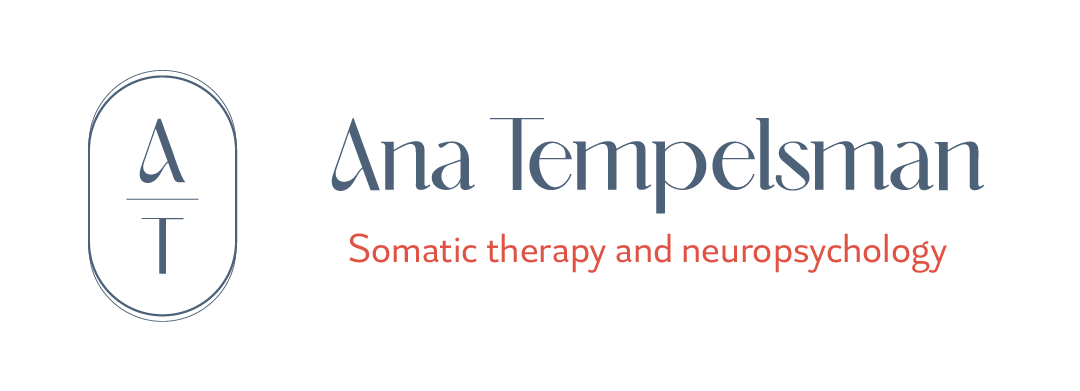PERSONAL GROWTH
Overcoming Self-Criticism: A Path to Compassion and Change
![]() ANA TEMPELSMAN
ANA TEMPELSMAN
Self-criticism is an almost universal experience, intensified by our negatively predisposed brain, which is designed to protect us but often ends up being our worst enemy. This tendency not only limits our happiness and personal growth but also distorts our perception of mistakes and failures. Exploring the origin, effects, and strategies to mitigate self-criticism offers us the opportunity to profoundly transform our relationship with ourselves.

The Root of Self-Criticism
Our brain has an innate negative bias, an evolutionary legacy that keeps us alert to dangers and prepared for survival. This mechanism, while useful in real threat contexts, predisposes us to exaggerate the negative, including our own mistakes and flaws. As a result, we develop a critical inner voice that constantly blames us for not meeting unrealistic expectations.
The Effects
Self-criticism traps us in a constant state of alert, diverting mental resources towards survival rather than learning and growth. This defensive state prevents us from processing experiences constructively, blocking our potential for change. Contrary to popular belief, criticizing ourselves does not motivate us to improve; instead, it keeps us stuck in cycles of negativity and discouragement.
Towards Self-Compassion
The alternative to self-criticism is compassion. Being compassionate with ourselves means acknowledging our pain and mistakes with love and understanding, without judgment or reproach. Self-compassion allows us to embrace our imperfections and face our challenges with a kind and constructive attitude, facilitating personal learning and growth.
Changing the Internal Narrative
Transforming Our Internal Voice from Critical to Compassionate Requires Conscious Practice. Two Key Strategies Are:
Replace Criticism with Compassion: Instead of blaming ourselves for mistakes, we can offer ourselves comfort and understanding. This shift in narrative fosters a healthier internal environment for learning and development.
Focus on the Future with Curiosity: Instead of dwelling on what we “should have known” in the past, we can direct our attention to what we can do differently in the future. Setting future intentions helps us learn from our mistakes and better prepare for similar situations.
What We Practice Becomes Stronger
The path to overcoming self-criticism is gradual and requires consistency. By practicing self-compassion and focusing on our intentions for the future, we not only improve our relationship with ourselves but also enhance our personal growth. This process of change, based on modest but firm steps, has the power to transform our lives in the long run.
Self-criticism, while a natural response of our brain, does not have to define our life experience. By understanding its roots and applying strategies of compassion and curiosity toward the future, we can free ourselves from its chains and open up to a world of learning, growth, and ultimately, greater happiness.
This is a journey of personal transformation worth undertaking.
